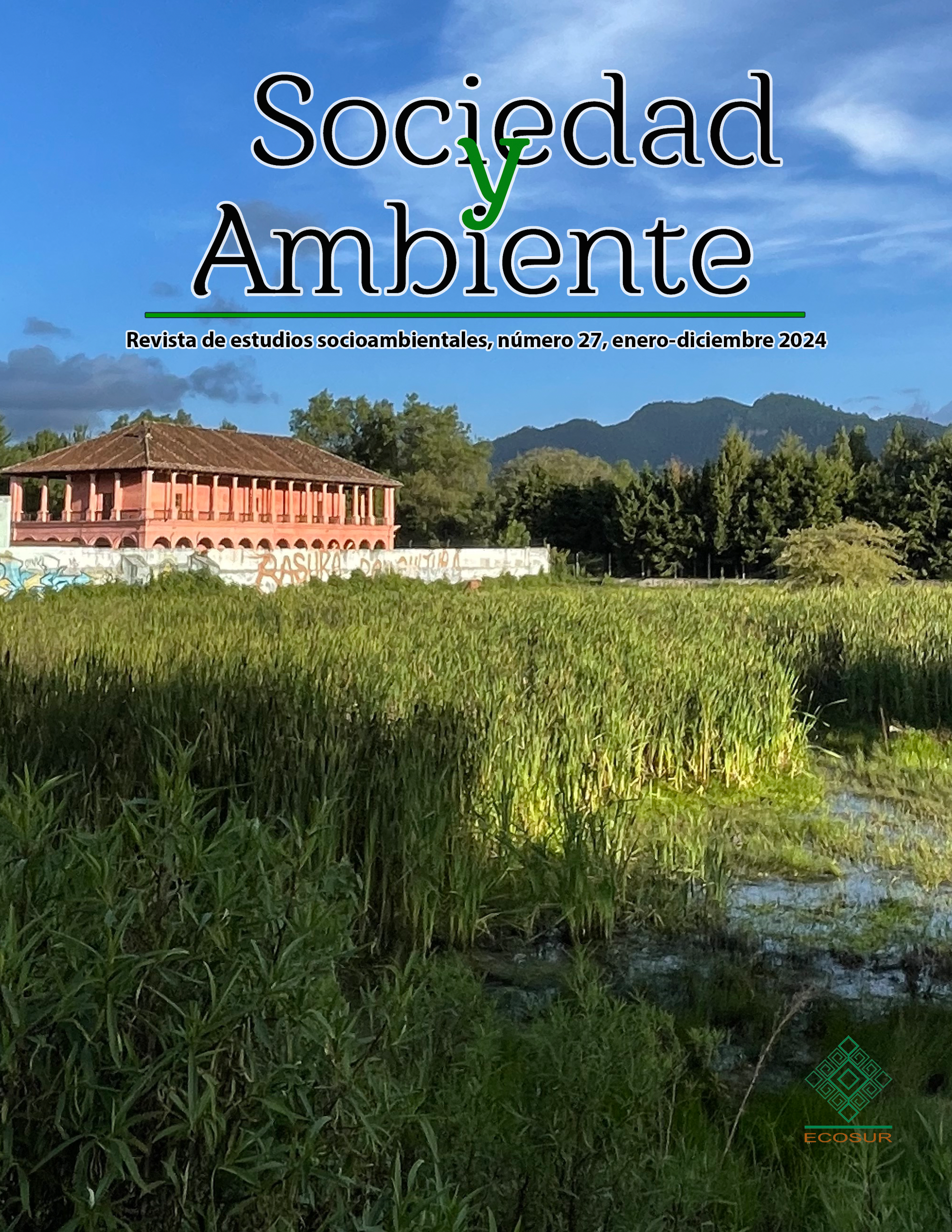Abstract
Migration represents a current phenomenon of great relevance in national and international governmental agendas, and its analysis allows the generation of knowledge that can guide governmental public policies. This study aims to document the impact of climate change on migration processes in the northern border of Tamaulipas. Through a mixed methodological approach in migrant shelters, we identified that climate phenomena, a consequence of global climate change, have affected people’s livelihoods, limiting their capability to sustain themselves economically at the family level and in their localities, which has led them to migrate to nearby cities and later to the United States. We concluded that climate migrants can be considered indirect victims, impacted by the consequences of climate change and its adverse social, economic, and environmental effects.

This work is licensed under a Creative Commons Attribution-NonCommercial-ShareAlike 4.0 International License.
Copyright (c) 2024 The Authors


